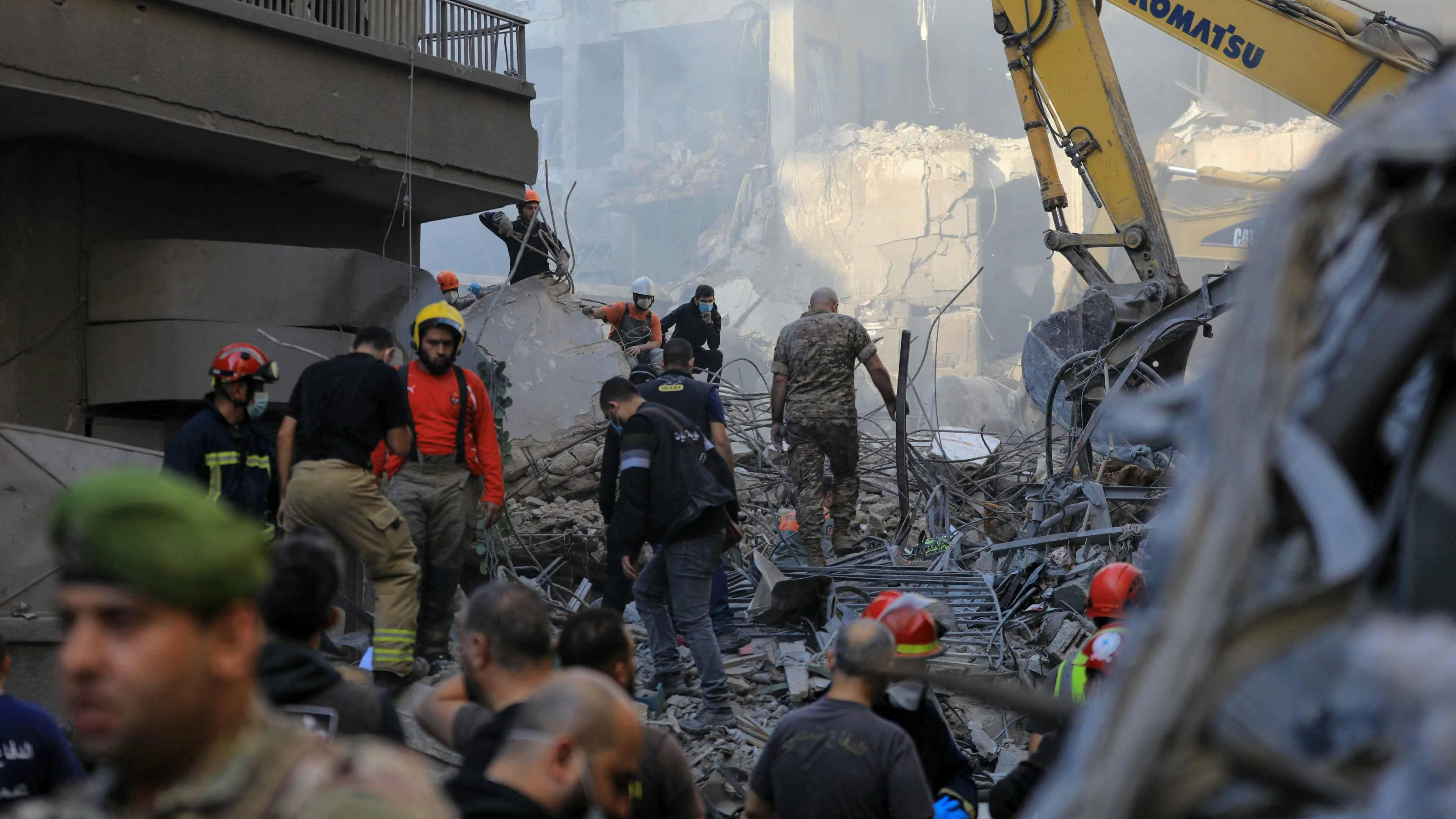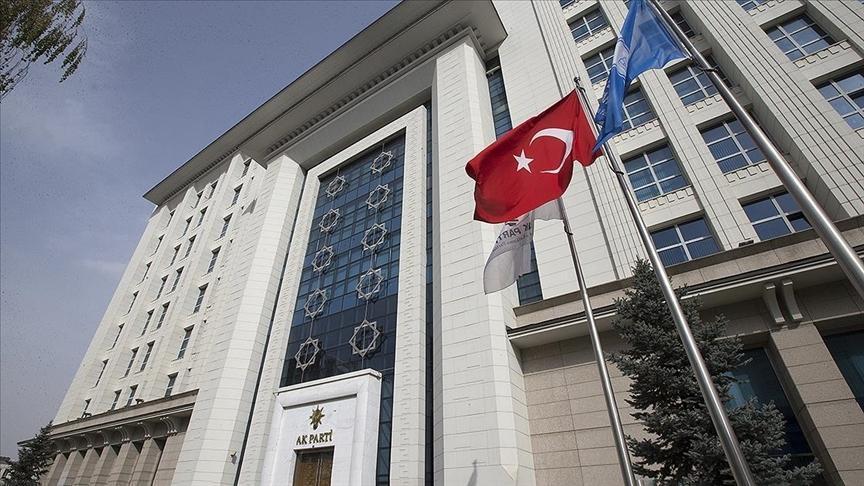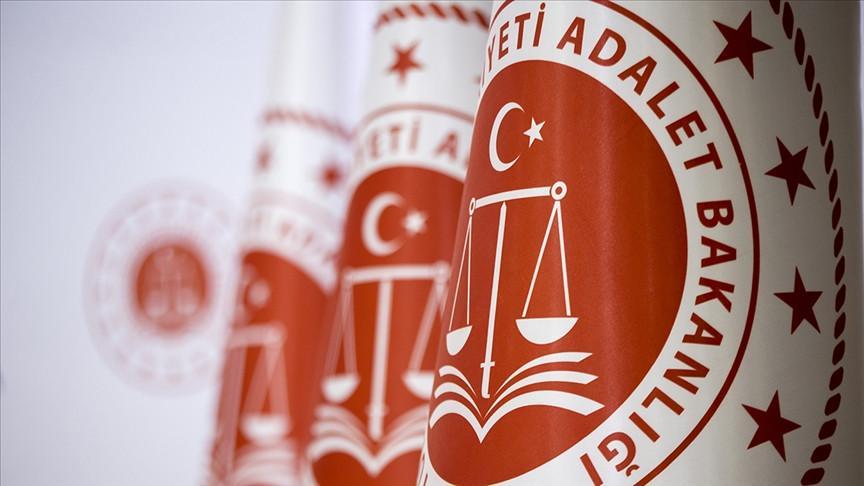CHP questions tax taken since 1999 earthquake after last week’s tremor
ANKARA

Some 63 billion Turkish Liras were collected in special communication taxes following the 1999 Marmara earthquake, the worst seismic disaster in the country’s recent history, with the taxes becoming permanent in 2004, the main opposition Republican People’s Party’s (CHP) spokesperson has said.
“In order to relieve the damage after the 1999 earthquake, some extraordinary measures were taken. One of them was the private communication tax, which was imposed for a certain time. This tax then became permanent in 2004, under this ruling party,” Faik Öztrak said on Sept. 30.
Öztrak’s remarks came during a press conference after the CHP’s Central Executive Board (MYK) meeting in the capital Ankara.
In 19 years, the tax collected in context of this regulation is about 66 billion Turkish Liras, according to the data Öztrak provided. Some 3 billion out of this amount was collected between 2000 and 2003, when the tax was temporary, he added.
“The remaining 63 billion has been collected between 2004 and the first eight months of 2019, after it was made permanent,” Öztrak said, questioning what the collected taxes were spent on.
CHP leader Kemal Kılıçdaroğlu on Sept. 27 also questioned what the taxes collected to take precautions for possible earthquakes were spent on during a press release at the Istanbul Metropolitan Municipality’s Disaster Coordination Center (AKOM).
“Some 80 million [citizens] of this country voluntarily paid their taxes. All regions with earthquake hazard, especially Istanbul, was going to be resistant. Where are these taxes? Those ruling the state should think about how to save 16 million people living in Istanbul from possible risks,” he had said.
In a response to Kılıçdaroğlu, Turkey’s vice president Fuat Oktay on Sept. 29 said some 103 billion Turkish Liras were spent for the western and northwestern provinces such as Bolu, Düzce, Yalova and Istanbul.
“There is an 80 billion Turkish Lira spending just on Istanbul,” he said. Oktay added that the government made over 43,000 residences, social spaces, schools, avenues and hospitals earthquake resistant.
The CHP spokesperson also said that last week’s 5.8-magnitude earthquake, followed by many tremors, indicates that a stronger one is coming, posing a serious threat to Istanbul.
“Last week we experienced cautionary consecutive earthquakes in Istanbul. After these cautionary earthquakes, we are sure of one thing. There will be a stronger earthquake than we have experienced recently. What we do not know is when this will happen,” Öztrak said.
“[Treasury and Finance Minister Berat Albayrak] is attempting to move public banks, the BDDK [Banking Regulation and Supervision Agency], the Central Bank and certain parts of the ministry to Istanbul. Why? The reason is clear; so that a proponent contractor can do business,” he said.
The budget allocated for construction should be used to make Istanbul earthquake-resistant, Öztrak said.
“If you want to become efficient, save from here,” he added.
Many segments of Turkey’s industry functions in Istanbul and if financial centers move to the metropolis, a strong earthquake will pose a threat to both industries, given the crowded population, according to the CHP spokesperson.
“Istanbul’s population density is as clear as light. One does not want to think what can happen in a more serious earthquake,” he said, reminding that the whole communication infrastructure collapsed during last week’s quake.
















